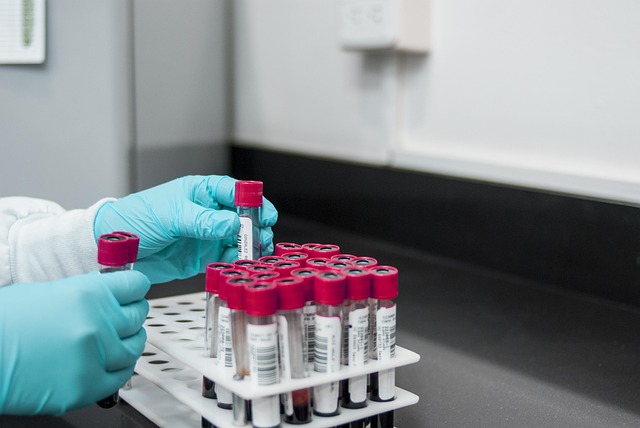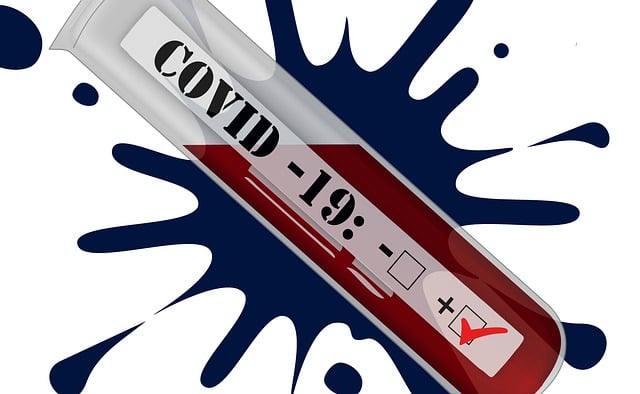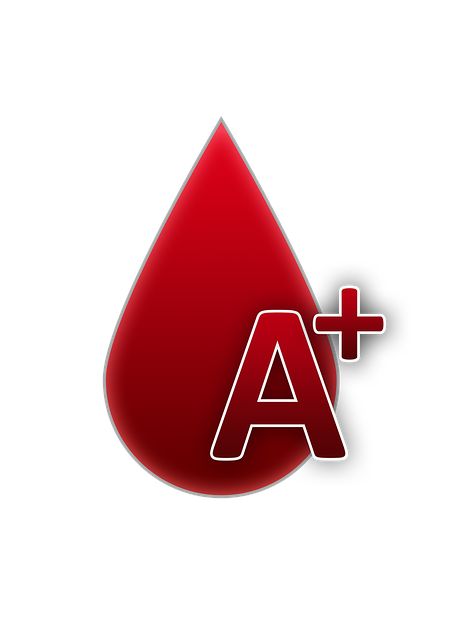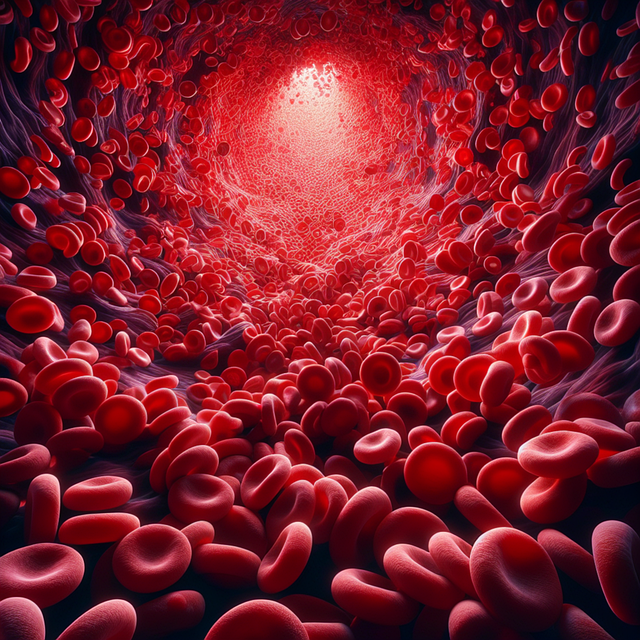Iron deficiency anemia, characterized by low iron levels, impacts blood oxygen transport, causing fatigue and other symptoms. Advanced Liver Blood Tests UK help diagnose this condition beyond basic indicators, revealing liver issues through enzyme levels. Understanding test results is crucial for identifying anemia early, enabling management through dietary changes, supplements, or medical treatments to restore health.
Iron deficiency anemia is a common yet serious condition, often caused by low iron levels in the blood. If you suspect symptoms like fatigue, pale skin, or shortness of breath, understanding iron deficiency testing is crucial. In the UK, advanced liver blood tests have emerged as valuable tools for diagnosis. This comprehensive guide delves into the process, exploring how these tests interpret results to identify iron deficiency and highlight its significance in managing this condition effectively.
- Understanding Iron Deficiency Anemia Symptoms
- How Advanced Liver Blood Tests Help Diagnose
- Interpreting Results: Identifying Iron Deficiency
Understanding Iron Deficiency Anemia Symptoms

Iron deficiency anemia is a common yet serious condition that arises when your body doesn’t have enough iron, an essential mineral responsible for transporting oxygen throughout your blood. Without sufficient iron, red blood cells become smaller and fewer in number, leading to reduced oxygen delivery to various parts of your body. This can result in a range of symptoms that might go unnoticed or be easily attributed to other conditions.
Understanding these symptoms is crucial when considering an Advanced Liver Blood Test UK, as iron deficiency anemia can sometimes be indicated by abnormal liver function results. Common signs include fatigue, weakness, pale skin, shortness of breath, dizziness, headache, and cold hands and feet. More subtle symptoms may include a poor appetite, unusual cravings for non-nutritive substances (such as ice or clay), and tingling in the fingers and toes. Early detection through blood tests is vital, as timely intervention with iron supplementation can often reverse these symptoms effectively.
How Advanced Liver Blood Tests Help Diagnose

In addition to assessing red blood cell count and haemoglobin levels, advanced liver blood tests play a crucial role in diagnosing iron deficiency anaemia. These comprehensive tests go beyond basic indicators, providing valuable insights into potential underlying causes, including liver damage or dysfunction. In the UK, healthcare professionals frequently employ these advanced tests to gain a more accurate understanding of a patient’s overall health picture, especially when anaemia is suspected but conventional methods reveal inconsistent results.
By examining various liver enzymes and proteins, these advanced blood tests can identify signs of hepatic impairment or inflammation that may contribute to iron deficiency. Elevated levels of certain enzymes, such as alanine aminotransferase (ALT) and aspartate aminotransferase (AST), can indicate liver damage or inflammation, which might be associated with conditions like hepatitis or cirrhosis. Understanding these relationships aids in tailoring treatments effectively, ensuring that addressing potential liver issues is integrated into the overall management of iron deficiency anaemia.
Interpreting Results: Identifying Iron Deficiency

After undergoing an iron deficiency anemia testing via an advanced liver blood test in the UK, understanding the results is a crucial step in identifying potential issues. This involves comparing your test values against established reference ranges. A low level of ferritin, a protein that stores iron, or reduced levels of hemoglobin, the oxygen-carrying component of red blood cells, may indicate iron deficiency.
If these markers are below the normal range, it suggests that your body doesn’t have enough iron to function optimally. This can lead to symptoms such as fatigue, pale skin, shortness of breath, and dizziness. Identifying iron deficiency early is key, as it can be addressed through dietary changes, supplements, or medical interventions, helping to restore overall health.
Iron deficiency anemia can often be effectively diagnosed and managed through advanced liver blood tests in the UK. By understanding the symptoms and interpreting test results accurately, healthcare professionals can identify iron deficiency and recommend appropriate treatment. These tests play a crucial role in navigating the path to optimal health, ensuring individuals receive the necessary care for their specific needs.
